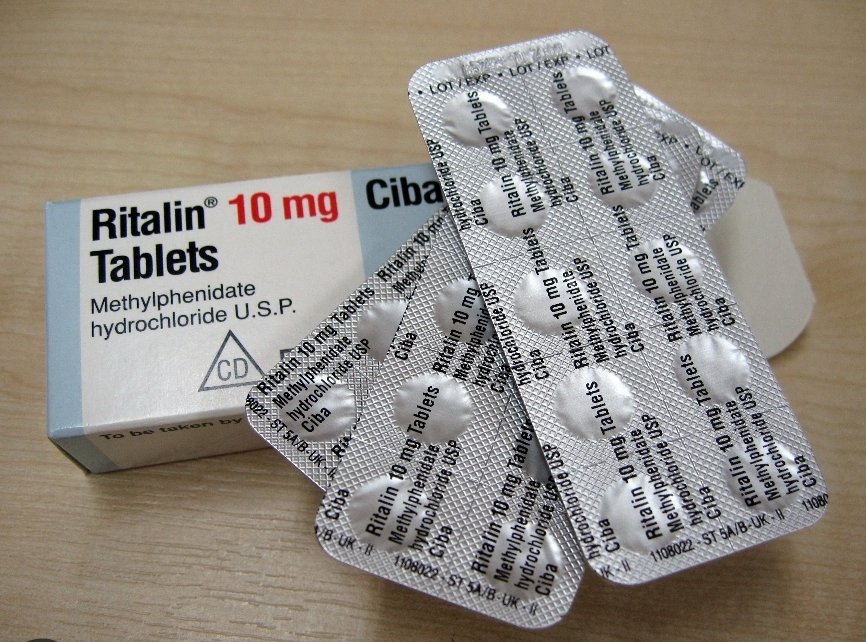
When it comes to prescription medications like Ritalin, understanding their effects on the body is crucial. One common question often asked is, “How long does Ritalin stay in your system?” This article aims to shed light on this topic, providing valuable insights into the duration Ritalin remains detectable and the various factors that can influence this timeframe.
Ritalin and its Mechanism
Ritalin, also known as methylphenidate, is a central nervous system stimulant primarily prescribed to treat attention deficit hyperactivity disorder (ADHD) and narcolepsy. It works by affecting the levels of certain neurotransmitters in the brain, enhancing focus and reducing impulsivity. The drug is available in various forms, including immediate-release and extended-release formulations.
Detection Period of Ritalin
The detection period of Ritalin in the body can vary based on factors such as the individual’s metabolism, dosage, frequency of use, and the type of drug test being administered. In general, Ritalin can be detected in urine for up to 2-3 days after the last dose. However, it may remain detectable for a longer period, around 1-2 weeks, in hair follicle tests. Blood tests can reveal the presence of Ritalin for approximately 1-2 days.
Factors Affecting the Duration
Several factors play a role in determining how long Ritalin remains in the system. Metabolic rate is a key factor, as individuals with faster metabolism are likely to eliminate the drug more quickly. The dosage and frequency of Ritalin intake also influence the duration; higher doses and more frequent use can extend the drug’s presence in the body.
Moreover, an individual’s age, liver and kidney function, and overall health can impact the drug’s clearance. For instance, those with impaired liver or kidney function may experience a longer detection window. Hydration levels can also affect the excretion rate of Ritalin.
Drug Interactions and Variability
It’s important to note that drug interactions can influence how long Ritalin stays in the system. Certain medications or substances may slow down or expedite the metabolism of Ritalin, leading to variations in its detection period. It’s advisable to inform your healthcare provider about any other medications you are taking to ensure accurate guidance.
In conclusion, the duration for which Ritalin stays in your system can vary depending on a multitude of factors. While urine tests generally detect the drug for a few days, hair follicle and blood tests can extend this window. Understanding your body’s metabolism, dosage, and overall health is crucial in estimating the drug’s detection period accurately. As with any medication, it’s best to consult a healthcare professional for personalized guidance. Always follow your doctor’s instructions and be transparent about any other medications to ensure your safety and well-being.
